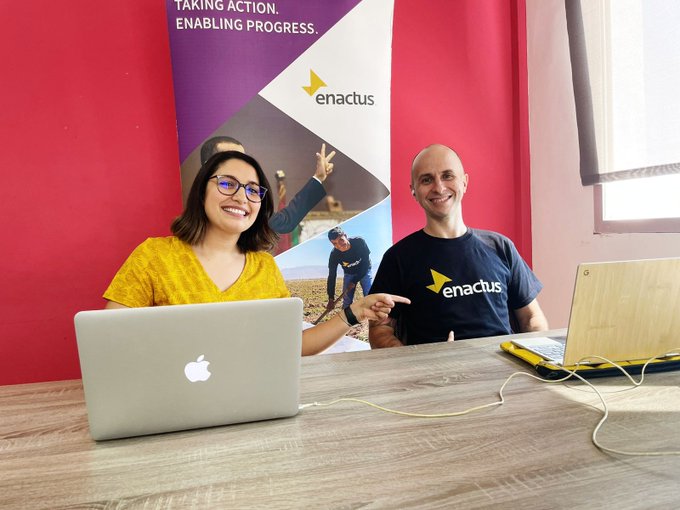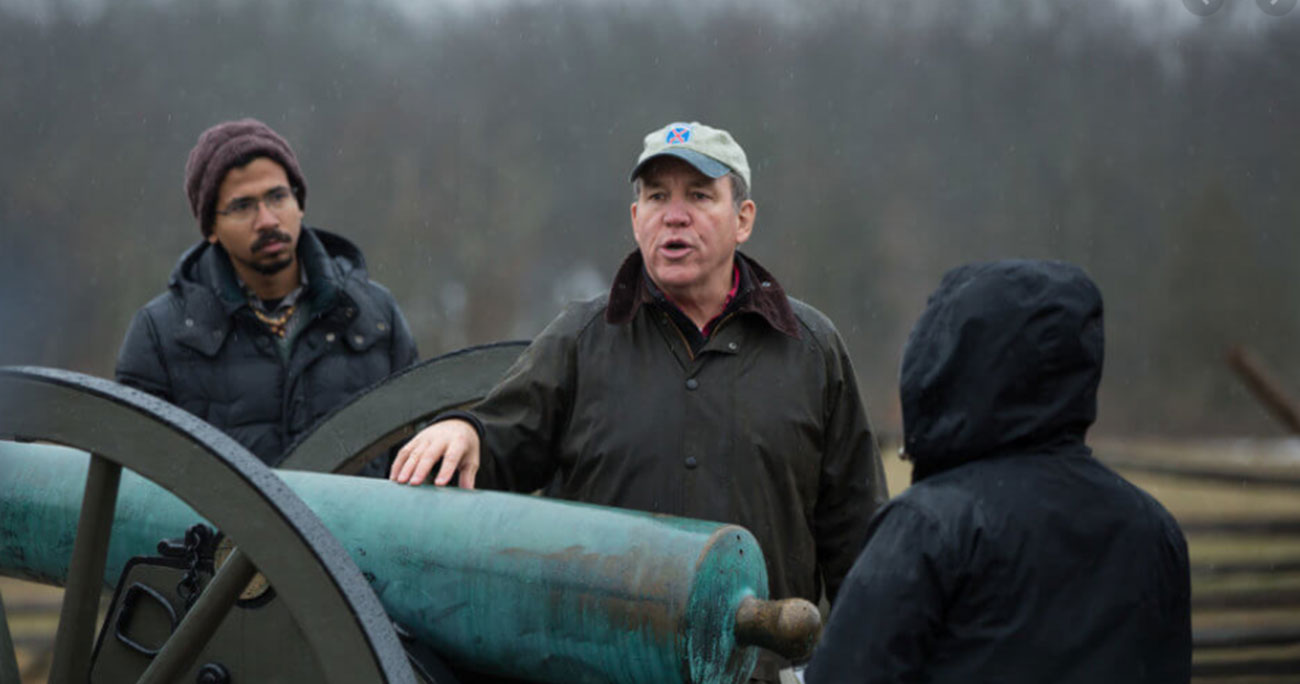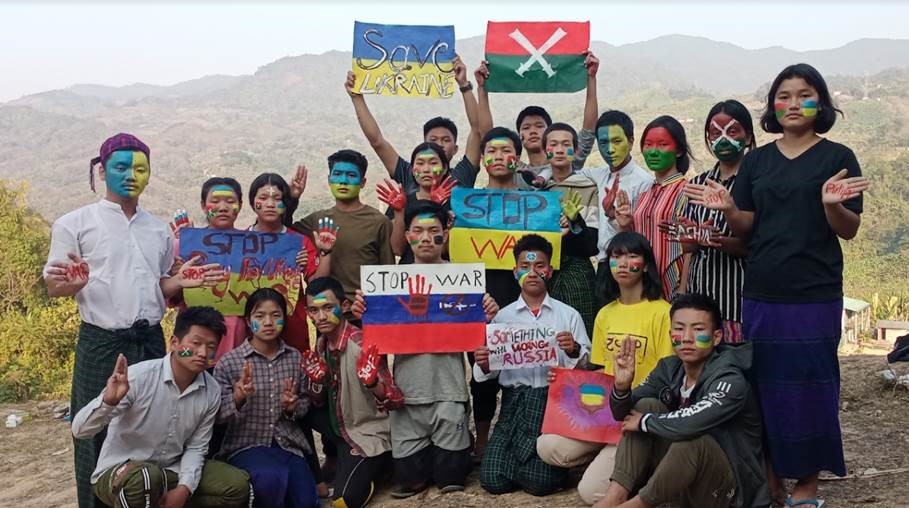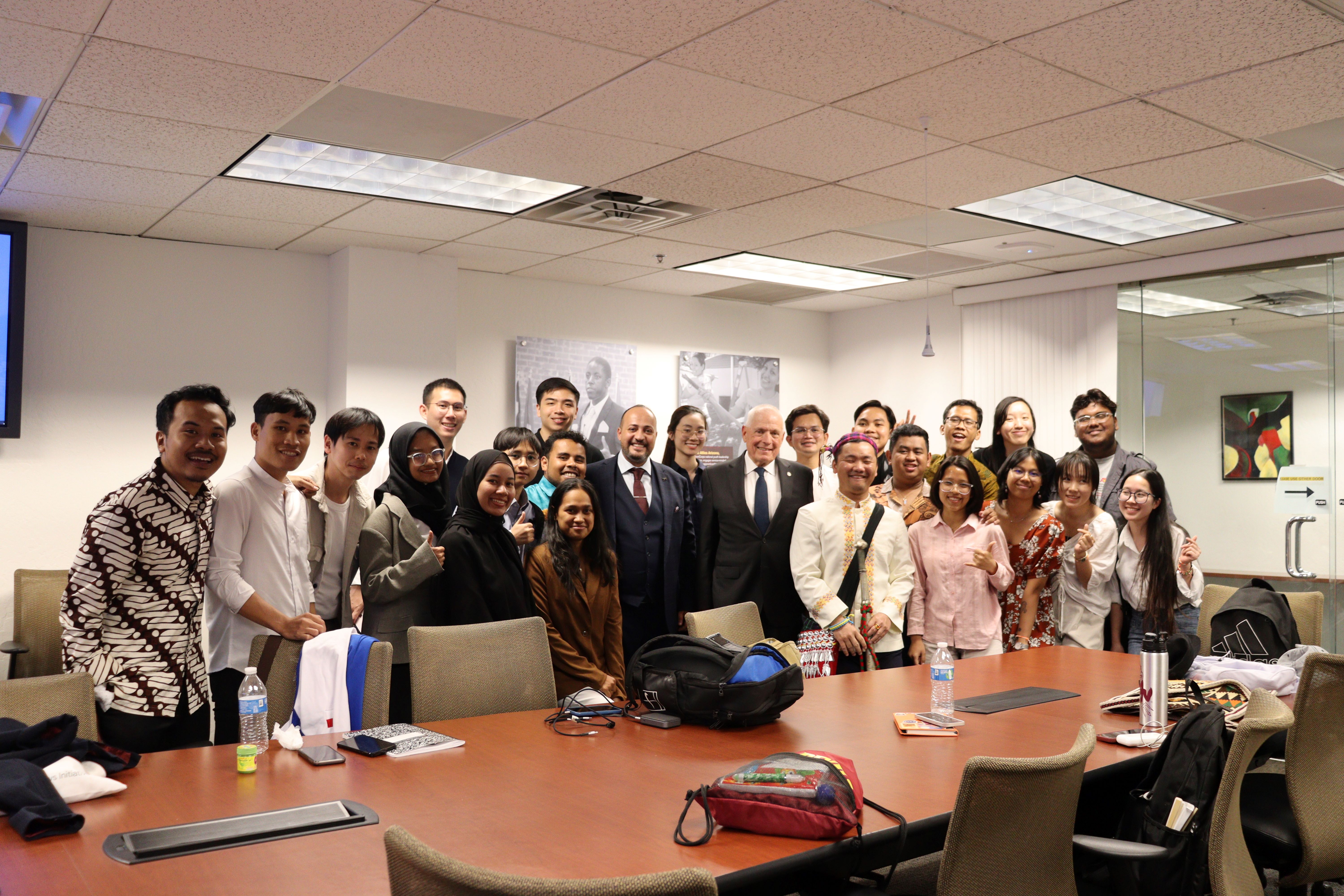The ASU WORLD INNOVATORS (AWI) PROGRAM comprises a comprehensive set of character-driven leadership development, education, and training programs focused on ASU students and related international mid-career professionals.

ASU World Innovators (AWI) Study Abroad Program
AWI Study Abroad offers ASU student internships abroad, working with international ASU World Innovators on character-driven leadership projects focused on intermediate-level training.
(Program Length: 30-90 days)
AWI Leadership Education
Basic
Basic AWI Leadership Introduction invites first generation ASU students to take part in the AWI program’s international leadership education curriculum to enhance their global literacy and prepare interested students for international careers.
(Program Length: 10 hours)
Plus
AWI Plus provides a scalable character-driven leadership experience combined with individual professional training for U.S. and international LDNS Lab clients seeking to take the next steps in their leadership journeys.
(Program Length: 1-2 weeks)
Advanced
AWI Advanced Leadership Development, in partnership with the Sandra Day O’Connor College of Law, combines attaining a Masters’ Degree in Legal Studies for ASU World Innovators with an emphasis on character-driven leadership development followed by implementation of an AWI Impact Plan.
(Program Length: one year)
Meet the ASU World Innovators

Ghana
Youth
Esther Akafia is an attorney and an experienced international development professional with over 20 years of experience working and leading teams globally. She is the founder and executive director of the Pioneers International Academy, an institute focused on providing quality and affordable elementary education in areas of need. Akafia seeks to implement Pioneers International Academy across…

Georgia
Human Rights
Giorgi Akhmeteli, who is wheel-chaired due to a spinal trauma, is the founder and chairman of the Georgian NGO, Accessible Environment for Everyone, an organization that advocates the interests of persons with disabilities. He seeks to improve treatment, advance quality of life and opportunities for the disabled in Georgia. In the U.S., he examined relevant legislative, regulatory and…

Jordan
International Lawyer, Trainer, and Consultant for International Corporations and INGOs
Founder of Al-Tarawneh Law Firm and Blue Umbrella
Dr. Mohammad Al-Tarawneh is an international legal counsel, governance expert, and leadership practitioner whose work sits at the intersection of law, diplomacy, and foreign policies in complex and high-risk environments. With more than fifteen years of professional experience, he has advised United Nations agencies, international non-governmental organizations, multinational corporations, and…

Syria
Journalism
Alhamza is an award-winning Syrian journalist and co-founder and spokesperson of Raqqa is Being Slaughtered Silently, a non-partisan, independent organization that exposes the atrocities committed by ISIS and the Bashar Al-Assad regime in Syria. Prior to this position, Alhamza organized non-violent protests and demonstrations against the Syrian regime. After escaping to Turkey in 2014, he used…

Palestine
Youth
Bashar Sorri is a lawyer and youth activist dedicated to encouraging the youth to experience and understand differences between cultures and customs. He engages students in a democratic environment that fosters diversity, awareness and commitment to justice. Sorri seeks to develop a national action plan focused on the development, both socially and economically, of the youth, and facilitate…

Tunisia
Entrepreneurship & Innovation
Ezzeddine Ben Rhima is an e-marketing and communications professional, and co-founder of AM I ODD. AM I ODD is a mentorship platform designed to share leadership thoughts, entrepreneurship practices, and innovation stories with Tunisian youth to promote innovation and “start-up” culture in Tunisia. Convinced that the digital economy is the best way for nations to thrive, Ben Rhima Co-initiated…

Ethiopia
Regional Director, Human Rights Monitoring and Investigation Ethiopian Human Rights Commission (EHRC)
Youth/Government Reform
I am a graduate of the prestigious Addis Ababa University Law Faculty with more than 20 years of experience as a legal researcher, an assistant judge, a project head/coordinator, an appellate judge, a senior adviser on children Rights and Regional Director for Human Rights Monitoring and Investigation. I have done a post-graduate training on leadership having been selected as the first-ever…

Albania
Head of International Relations and Projects Office
Head of Public Law Department at Law Faculty Luarasi University
Dr. Dael Dervishi is a legal professional and educator with extensive experience in government and private sectors. He holds a Ph.D. in Law from Tirana University, Albania, and an LLM in Law from Parma University, Italy.

Sierra Leone
Assistant Commissioner of Police (ACP)
Police Planning Officer Police Division, United Nations, New York.
Founder, Next Generation Reformers (NGR), Sierra Leone.
Mira Dumbuya (Nee Koroma) has 17 years+ of policing experience and has contributed immensely to the development of the Sierra Leone Police (SLP). She served in various capacities including Head of Operational Policy and Planning Department (OPPD), Local Unit Commander of Eastend Police Division, Head Family Support Unit and Head Change Management.

Morocco
Entrepreneurship & Innovation
El Allam is an ecosystem builder in the Entrepreneurship, Leadership and Community Development space from Morocco. Known for trustworthiness and diplomacy as a community builder, she has a proven track record of engaging national and international stakeholders to lead successful initiatives.
El Allam seeks to bridge the gap between business communities by building a cross-…

Egypt
Entrepreneurship & Innovation
Economist, Ministry of Finance Egypt
Ms. Elabd serves as an Economist in the office of the Minister of Finance. She has always planned to work in public service because she has a duty to use the privilege of her birth and her skills to help other people. This commitment crystallized into a career path when she joined the technical office of the Minister of Finance in November 2005. During this…

Iran/Norway
Human Rights
Faghih Imani is the founder and president of the Center for Cultural Diplomacy and Development, a non-profit, non-partisan, public benefit organization that enables individuals to learn about the culture and society of several Middle Eastern nations. Faghih Imani serves as the host of a weekly London television show where she discusses Iranian culture, society and politics. She believes…

Montenegro
Government Reform
Ljubomir Filipović is a Montenegrin political scientist focused on foreign influence and information integrity. He holds an MSc. degree in international relations. He works as a consultant and analyst for different organizations. He worked for the projects of the Atlantic Council of Montenegro, UNDP, the US State Department, the City and County of Denver, and others. He provided consulting and…

Albania
Government Reform
Edlira Gjoni is a communications professional and political activist in Albania. She is actively involved internationally as a communications expert, known for her advocacy for women’s rights and her respected presence in the media. In addition, Gjoni has conducted training and research in both communication and political participation in her country. As a political activist, Gjoni is the co-…

Germany
Transformation Expert (W4G)
German Ministry of the Finances
International Leadership Coach/ Self-employed
Talitha Goldmann-Kefalas follows her mission to “reveal the gold” in others. In doing so, she currently serves the German Federal Ministry of Finances as Transformation Expert, training and implementing innovative ways of working and fostering nationwide collaboration.
With her professional background in “Social Work as Human Rights Profession (M.A.)”, she led an educational…

United States
Chief of Staff/Senior Advisor
Human Trafficking
Administration for Native Americans
U.S. Department of Health and Human Services
Rosie Gomez has dedicated nearly 20 years to public service in the United States federal government. She has served in senior leadership roles in the U.S. Department of Health and Human Services (HHS) spanning across subject areas such as human trafficking prevention, child welfare, early childhood development, and Tribal affairs. Currently, Ms. Gomez serves as the Chief of Staff/Senior…

Caracas - Venezuela
Investigador / Docente
Centro de Investigación de la Comunicación
Universidad Católica Andrés Bello
León Hernández is a communications professional in Venezuela. His career began in editing and broadcast journalism at RCTV, a major independent news network. In 2014, Hernández joined the Central University of Venezuela as a broadcast journalism professor. Additionally, he led the press team for the political coalition Democratic Unity Roundtable. He and his team provided comprehensive…

Myanmar
Human Rights
Founder and Program Manager, Through the Eyes of Agony Art Program for Myanmar’s Displaced Children, Myanmar
Zaw Tu Hkawng is an anti-military coup activist from Myanmar and the founder of the "Through the Eyes of Agony Art Program." This initiative works to support Myanmar’s internally displaced children with the support of the New Zealand Embassy in Myanmar, UnionAID from New Zealand, and generous individual donors. Previously, Zaw worked as a project coordinator for BBC Media Action Myanmar,…

Georgia
Ambassador Batu Kutelia is a former Georgian Ambassador to the United States, 20 years of public service at senior diplomatic, defense and security positions of the Georgian Government. Currently, senior fellow at Delphi…

Guatemala
Human Rights
Lainfiesta is a journalist and civil society activist specialized in neuroscience and cultural and creative industries. She currently works as a multimedia journalist where she focuses on fostering debate, critical thinking, and civic engagement.
She works to transform the economy and identity in Guatemala through the conservation of Mayan Bees and Mayan traditions as an economic model…

KRD, Iraq
Siham Mamand works in the Kurdistan Regional Government’s Department of Foreign Affairs. She is passionate about education for girls and women, especially in rural areas. Her ultimate goal is to motivate and empower women to assume leadership positions in the public and private sector in Kurdistan and to break cultural norms that assign lesser roles to women in her society.

Kyrgyz Republic
Government Reform
Founder & CEO, Central Asian Research Institute on Corruption and Money Laundering
Docent at the Academy of Public Administration under the President of the Kyrgyz Republic
Dr. Erkaiym Mambetalieva is a distinguished leader in the field of anti-corruption, currently serving as the Founder and CEO of the Central Asian Research Institute on Corruption and Money Laundering. Her commitment to combating corruption is evident in her illustrious career and the impactful initiatives she has spearheaded.

Pakistan
Chairperson at HEELA Institute for Research and Development
Zaheer Abbas Maseed, a devoted peace and gender activist, with over 10+ years of experience in Development Sector wields art and training as a weapon against conflict and violent extremism in Pakistan's volatile North West. Over a decade, he's empowered hundreds of artists, activists, and officials through HEELA Institute, crafting powerful counter-narratives. His mission: build resilient…

India
Human Rights
Sahana Mishra is a civil society activist from India. During her time in the United States, she worked with Lugar Strategies to further her understand of how private corporations participate in the promotion of women and girl’s leadership development. Since returning to India in September 2016, she has provided leadership and economic empowerment trainings to approximately 4,000 women. Her…

Haiti
Mondésir is an activist from Port-au-Prince, Haiti. Her professional focus is on gender equality, specifically assisting women to achieve equal access to leadership opportunities in the Haitian public sector. Mondésir aims to empower women to run for office and participate in political decisionmaking, as well as work to ensure that the Haitian Constitutional mandate of a 30% quota for women…

Colombia
Chief Communications Analyst
United Nations Multi-Donor Trust Fund for Peace in Colombia
Diego Mora Bello is responsible for the communications area of the United Nations Multi-Donor Fund for Peace in Colombia, a tripartite mechanism between the National Government, United Nations and International Cooperation, with the participation of Civil Society to support the implementation of the 2016 Peace Agreement.

United States
Lida Noory has more than 20 years of experience across federal and non-governmental sectors, working with international governments, civil society, private sector, and academia on foreign and domestic related policies as well as international development.

Singapore

Philippines
Government Reform
Jerlie Requerme is a judge with more than 16 years of experience working in the Filipino legal community. She has dedicated over two decades to advocacy work spanning across sectors such as environmental, education, peace and more. Judge Requerme seeks to secure justice through technology by the digitization of records in order to preserve the integrity of court records and the entire judicial…

Mongolia
Author and Executive Director of SIS
Promoting activism through women’s empowerment, Gantuya is the Executive Director and Co-founder of Sainkhuu Iveel San, which is named after her father, who was one of the active initiators and promoters of democracy in Mongolia in 1990. Today, through her organisation, Gantuya is promoting activism and women’s leadership by providing leadership training to women at the grassroots level in…
Bashar Sari is a lawyer and strategic affairs advisor working at the intersection of diplomacy, regional cooperation, and international law. With over nine years of experience across government, nonprofit, and private sectors, Bashar supports leaders and institutions in navigating complex cross-border challenges and advancing inclusive, sustainable development across the Middle East. His…

Iran
Research and Development Partner Women Empowerment Advocate
Youth Trainer and Educationist
Narges Shahi currently serves as a senior research and development partner of international trading and commerce companies proposing creative solutions in regard of sustainable economy, leadership and development. She provides leadership and business consultation in entering new markets and the registration and development of new businesses in emerging markets of Europe, Africa and Asia.

Ukraine
Government Reform
Since 2022, Kateryna Smagliy has served at the Embassy of Ukraine in the USA, where she covers a broad portfolio of political and public diplomacy issues. She joined the Political Directorate of the Ministry of Foreign Affairs of Ukraine in 2021 and holds the diplomatic rank of a Counselor. She is a former Director of the Kennan Institute Kyiv Office, a Kyiv-based consultant of the European…




